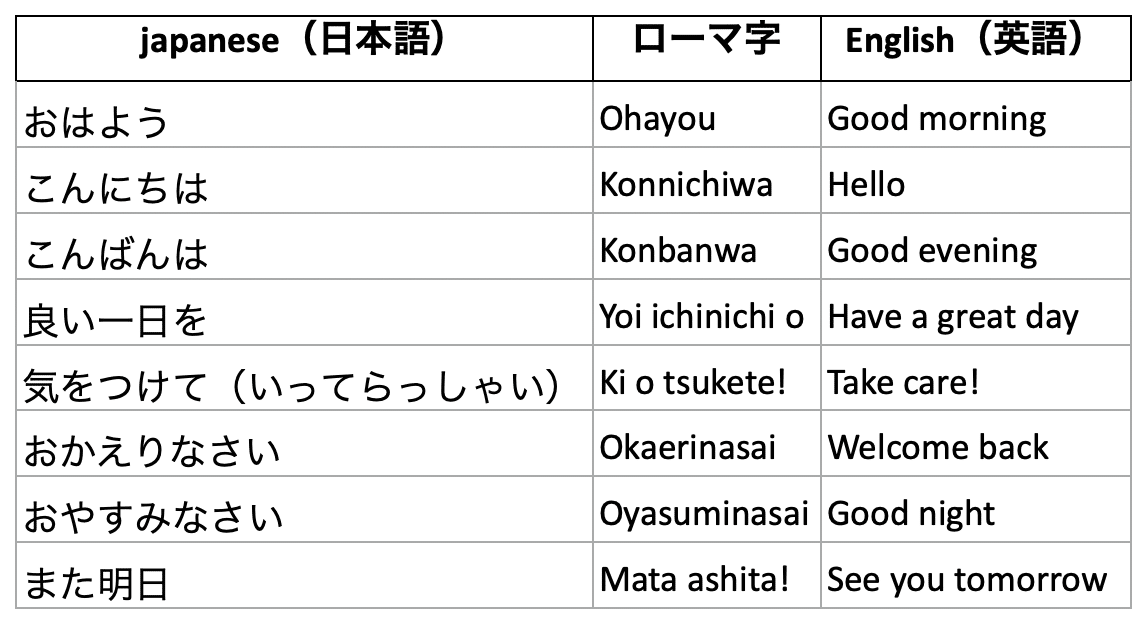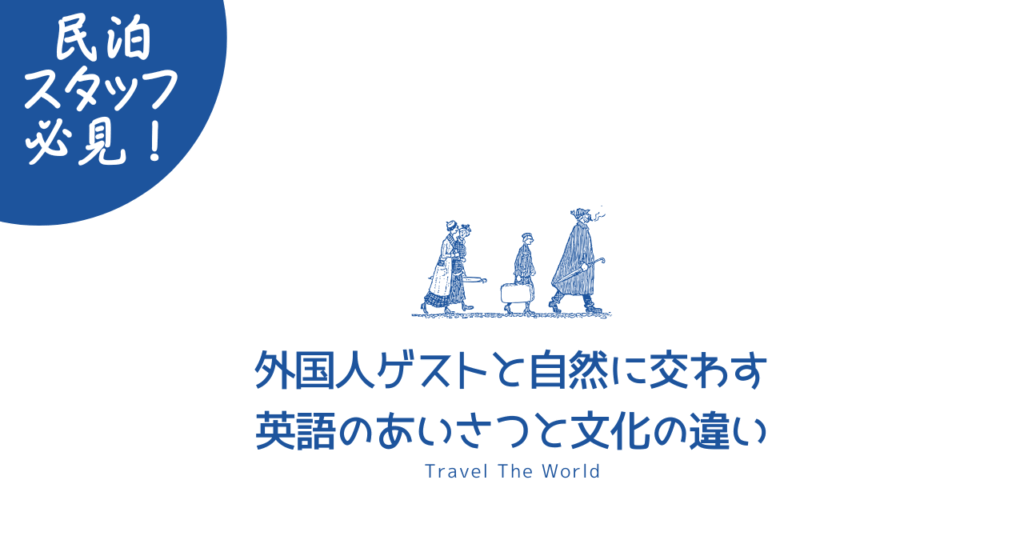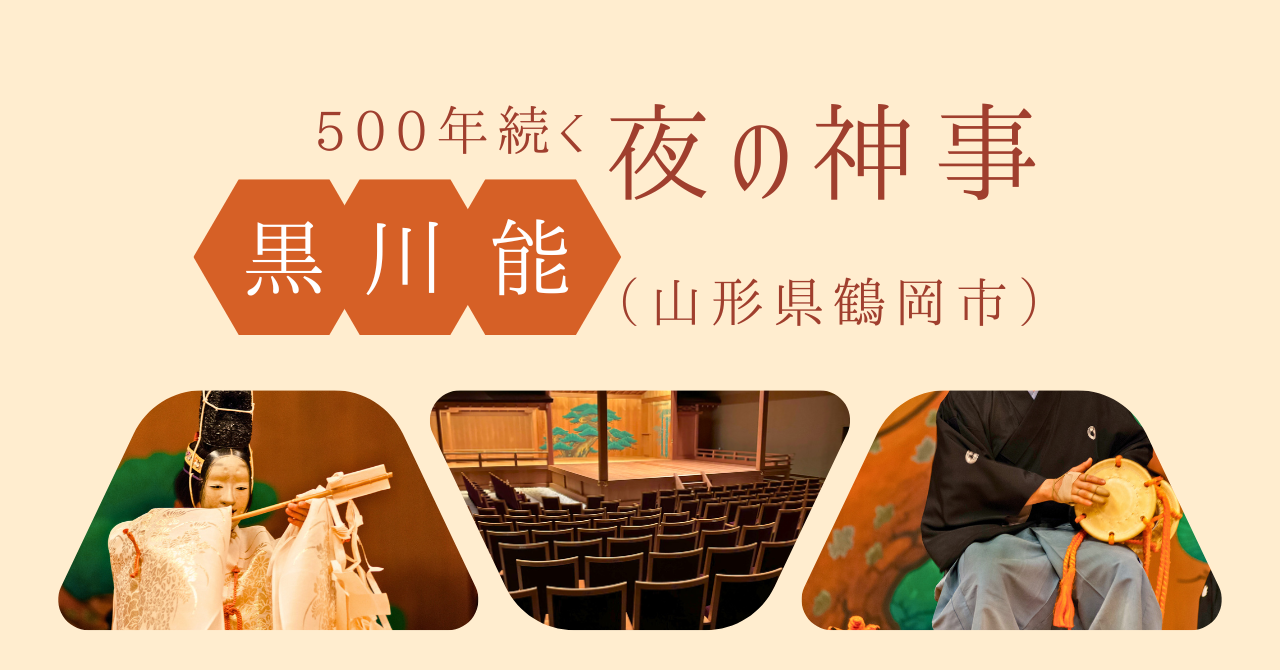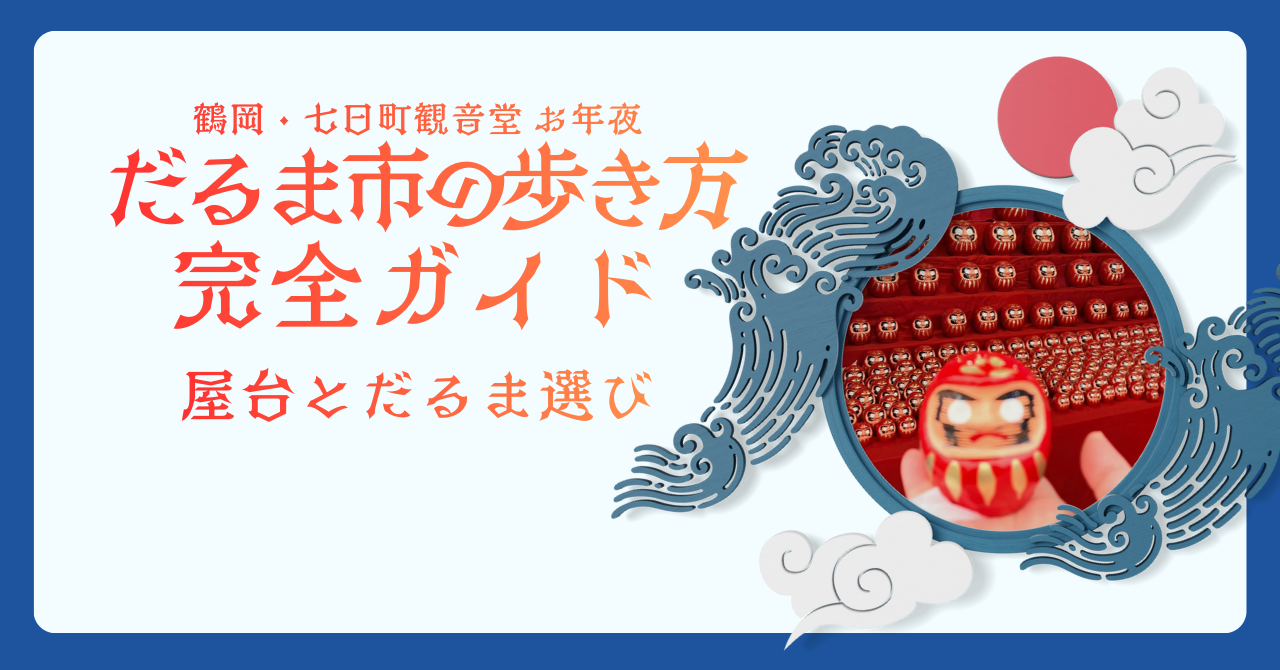At Guesthouse Watausagi, we host a weekly “English-Only Card Game Night” #WatausaEnglish for those who want to learn English or actually interact with foreign guests in English.
As the owner, I also struggle with my lack of English skills, which has been very inconvenient for me, and I feel truly sorry for the great inconvenience this causes our foreign guests.
I want to have more and more conversations with our guests❣️ I want to exchange greetings more casually❣️
With that in mind, I asked our guests during their stay, “What kind of greetings do you usually exchange with your family and friends?” What I discovered was that, while certain greetings are taken for granted in Japan, greeting customs can be completely different overseas.
🌏 Cultural differences revealed through these interviews
1. Many countries don’t have “Itadakimasu” or “Gochisousama.”
1. Many countries don’t have “Itadakimasu” or “Gochisousama.” In Japan, it’s customary to say words of gratitude before and after a meal. In English-speaking countries, phrases like “Enjoy your meal” or “Let’s eat!” are common before eating. After a meal, people might say “That was good” or “Thanks for the meal,” but in many countries this isn’t a fixed habit.
2. “Ittekimasu” and “Itterasshai” are words of well-wishing.
In Japan, these phrases are exchanged with the assumption of departure and return. In English, however, expressions like “Have a nice day” or “See you later” focus more on wishing the person a pleasant time ahead.
3. “Tadaima” and “Okaeri” are not essential.
In English, phrases like “I’m back” and “Welcome back” do exist, but they’re not used every single time as a cultural norm. With long-term guests, these words may come out naturally, but for short stays or business purposes, they are often omitted.
By learning about these differences, I realized it’s not just about directly translating into English, but about being mindful of greetings that fit each country’s or person’s customs.
As a Japanese person, I naturally want to say “Itterasshai” or “Okaeri” every time, but now I understand why it’s not unusual for people to look puzzled when I do.
💬 Situational greetings for foreign guests that feel natural
Based on real interactions, I’ve compiled greetings you can use in six situations—morning, afternoon, evening, going out, coming back, and bedtime—along with Japanese, romaji, and English versions, plus examples of how guests might respond and how you can reply.

☀ Conversations that grow from a simple greeting
When I greeted a guest with “Welcome back!” they smiled and said, “I went to Kamo Aquarium!”
From there, we had a lively conversation about the aquarium and even ended up planning the next day’s sightseeing together.
It reminded me once again how just a single greeting can become the key to bringing people closer.
With my poor English—often just stringing words together—I’m not sure how much help I’m actually providing, but not a single guest has ever seemed upset about it.
More than anything, I’ve come to realize that guests are all seeking connection.
Even Japanese guests who aren’t confident in their English often find themselves joining the circle and interacting before they know it. It’s not uncommon to see people teaching each other their own greetings and customs.
The true charm of a guesthouse often begins with a simple greeting.
💡 Tips for making the most of greetings
A smile and eye contact: They leave a stronger impression than words.
Keep it short and simple: Start with a single phrase, then add a question once you’re comfortable.
Match the other person’s mood: Keep it brief if they seem tired.
Respect cultural differences: Knowing the other person’s customs makes conversations feel more natural.
Focus on sincerity over perfection: What matters most is the feeling you want to convey, not flawless pronunciation or grammar.
summary
Greeting foreign guests is the doorway to understanding cultural differences and the first step in building relationships❣️ Just offering a smile and a simple hello somehow makes the other person smile too, and foreign guests in particular will always say something back. I think this is a lovely custom that we don’t have in Japan. I want to improve my English at least enough to respond with a thoughtful remark❣️
Even without perfect English, a smile and a heartfelt word can bring guests and staff much closer, creating a warmer connection and making their stay more comfortable.
I hope to keep discovering and learning new things through our daily interactions💓
That’s all for today’s post.
Likes and follows make me happy ❤️






